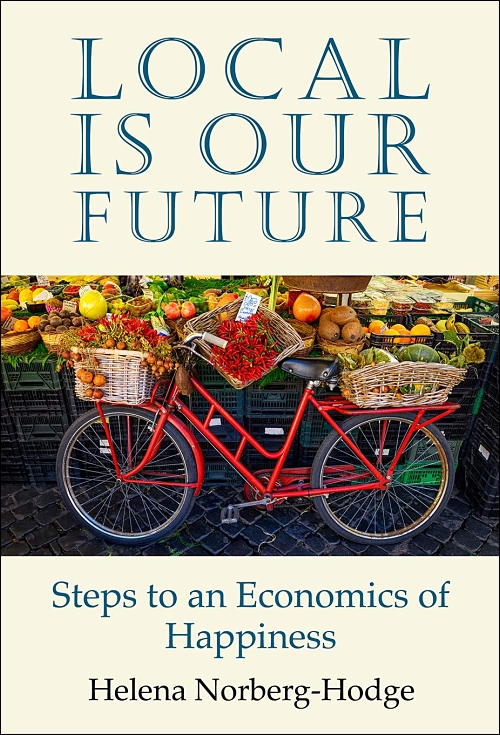From globalism to localism
How structural economic shifts can support the local food movement
DOI:
https://doi.org/10.5304/jafscd.2021.102.047
Keywords:
Localization, Economic Globalization, Grassroots Initiatives, Local Food Systems, ActivismAbstract
First paragraphs:
Local is Our Future was published shortly before the rise of the COVID-19 pandemic, yet it makes a timely contribution critiquing economic globalization given the experiences of 2020. It emphasizes the need for shorter supply chains and champions local food systems by focusing on the structural forces that currently control the food system.
In the first three chapters, Norberg-Hodge explains and details the costs of economic globalization, which provides an adept introduction to understanding the structural impacts of financial deregulation on health, food security, environmental consequences, and growing inequality. The fourth chapter covers a topic that might seem unlikely to be included in a book on local futures, as it describes the rise of extremism, yet this is a crucial analysis for current events. This book was published before the Black Lives Matter demonstrations that occurred around the world in summer 2020; however, it provides a contextual backdrop for how the globalized financial system promotes economic insecurity that can lead to the adoption of a false narrative by the far right, as observed by the backlash to BIPOC (Black, Indigenous, and People of Color) communities demonstrating the need for increased equality. . . .
Metrics

Downloads
Published
How to Cite
Issue
Section
Categories
License
Copyright (c) 2021 The Author

This work is licensed under a Creative Commons Attribution 4.0 International License.
The copyright to all content published in JAFSCD belongs to the author(s). It is licensed as CC BY 4.0. This license determines how you may reprint, copy, distribute, or otherwise share JAFSCD content.












